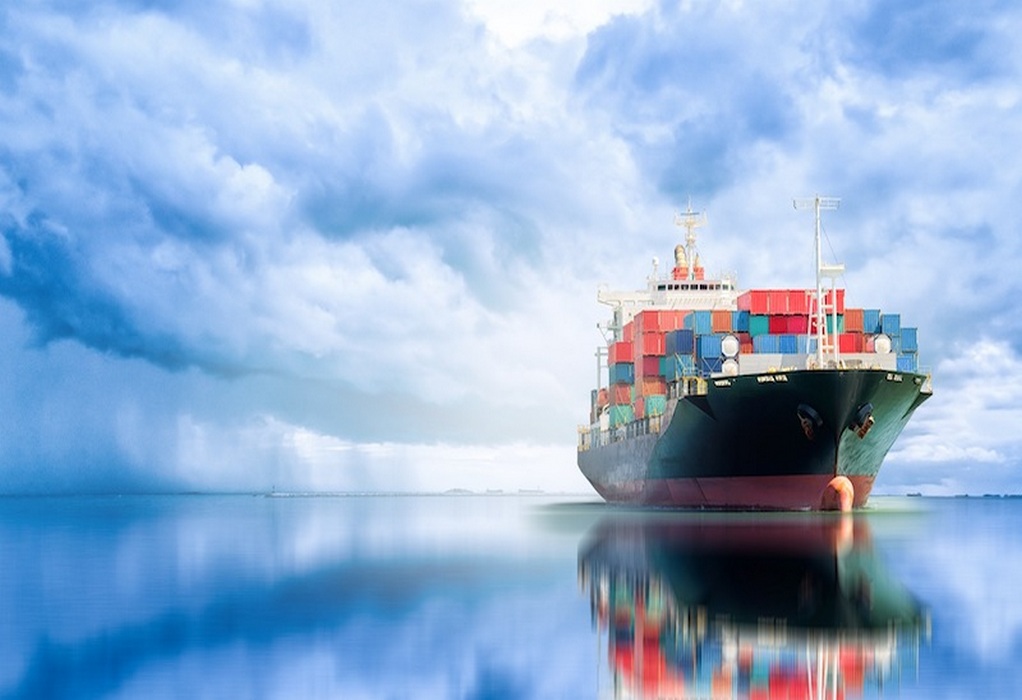DB Schenker and MSC signed an agreement to transport at least 30,000 TEUs of cargo with net-zero emissions in 2023, part of a move to decarbonize ocean freight.
The forwarder secured 12,000 metric tons of biofuel, which will be mixed with fossil-based marine fuels for all of its less-than-container load, full-container-load and refrigerated containers shipments with MSC, according to the release.
Customers of DB Schenker can pay a surcharge to transport shipments with sustainable fuels. Shippers also have the option to receive a certified proof of the emission reduction to help with ESG reporting.
With more companies being tasked to measure their carbon emissions, customers are asking for greener solutions from their transportation providers.
Under the new agreement, shippers can select the option for biofuel at a premium.
The agreement between MSC and DB Schenker isn’t the first. Last year, the freight forwarder teamed up with CMA CGM to offer net-zero carbon ocean container transport for its customers. The purchase contract was for over 2,500 tons of biofuel. The spokesperson further noted that DB Schenker is “open to further partnerships.”
DB Schenker aims to utilize sustainable fuels across multiple modes, and also offers the option for sustainable aviation fuel on air cargo shipments.
Tags: Cargo, DB Schheker, Decarbonise, Zero Emission


Recent Posts
SANY launches India’s first locally made hybrid mining dump truck
IMO issues interim guidelines for ammonia-fuelled ships’ safety
India’s second green hydrogen auction awards $258m to 9 companies
Indian OMCs launch new biodiesel tender for FY 2025-26
India’s first hydrogen train set for launch by March 31
India approves legislation to boost oil and gas exploration
HIF Global leads the way with first US e-Fuels route clearance
Baltic Exchange introduces biofuel blends in latest expansion of its emissions calculator